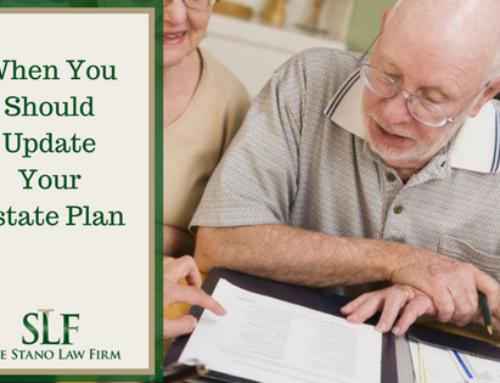Once your doctor documents that you need assistance with activities of daily life, and you have listed out your exempt and non-exempt assets, it is time to fill out the Medicaid application. The length of the application depends on the state, and a case worker will be assigned to review and make a determination on your application.
It is very important to get the help of an attorney that is experienced in the qualification process, as simple mistakes, such as checking yes instead of no, can change the outcome of your qualifications.
For example, the simple question of “Do you plan to return to your home” can alter the outcome significantly. Even if you know that you will never return home, such as in cases of terminal illness, checking no can make your home no longer an exempt asset, and set you over the permitted amount of assets.
Likewise, if your spouse’s income is low, in many states you can have your income given to your spouse, versus going to the nursing home. However, you have to know how to ask for this benefit on the application, or you lose out and your spouse could be left facing financial hardship.
Simple mistakes can be very costly, making the investment of guidance from an attorney a win-win option.






